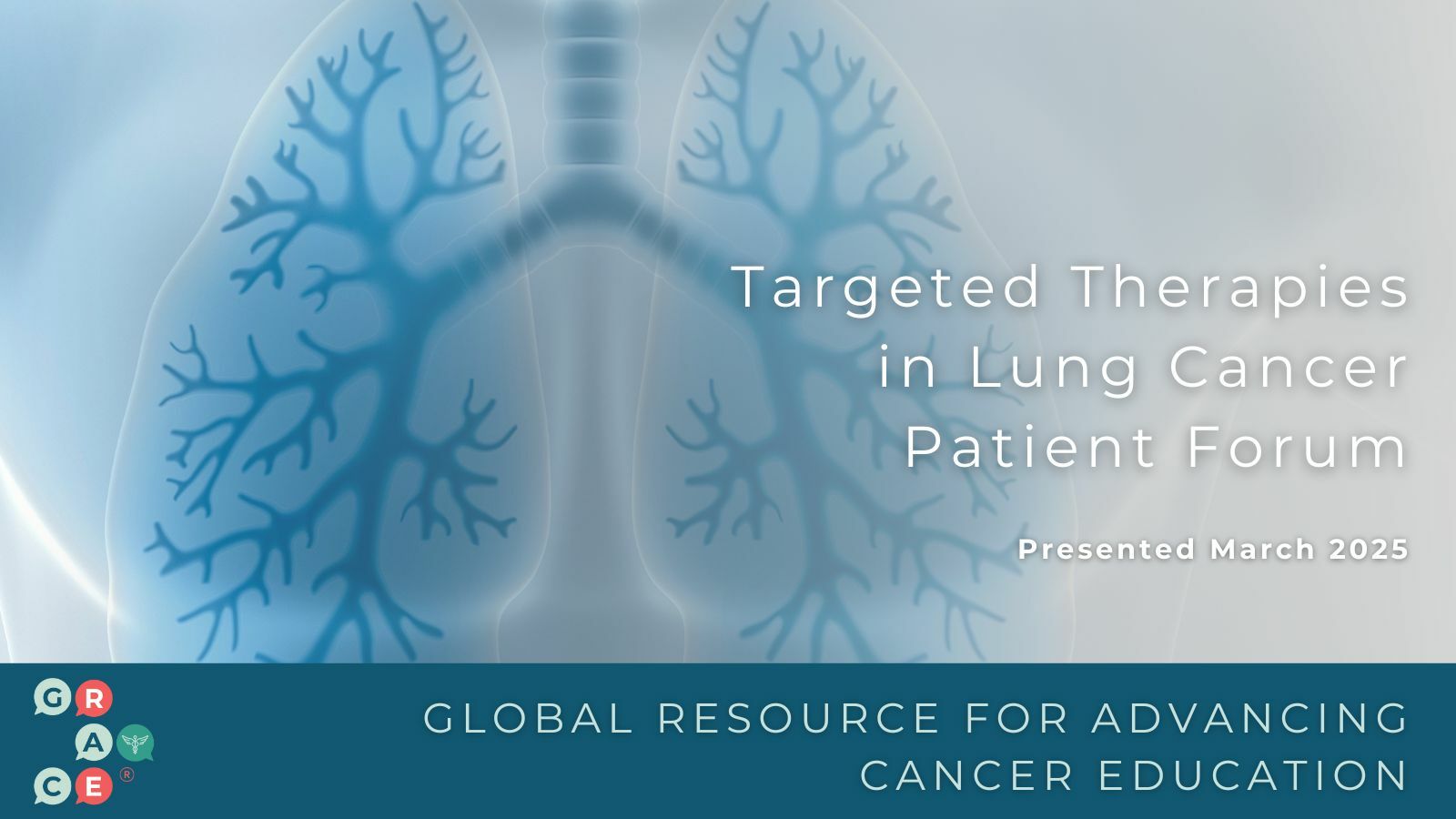Article and Video CATEGORIES
I thought I'd just take a moment to talk about what I'm finding with regard to ALK rearrangements in patients with NSCLC (see here for review). I hope and expect that there will be more to learn at the ASCO conference in early June, either in the setting of official presentations on the subject or through informal discussions with my colleagues who are also involved with this work.
First, several patients are finding their way to me after getting their tumor tissue tested at a lab doing this work outside of an official trial capacity. I've had patients get their tumor tissue tested commercially through the Pathology Departments at the University of Colorado and Massachusetts General Hospital, and I understand that Genzyme is now offering this testing. I hear that other labs are rapidly working toward offering testing, so the barrier of testing only being available through the central lab and only offered through the oncology centers involved with the crizotinib trials is no longer as major a factor as it was. However, some new challenges have emerged:
1) While tumor tissue can be tested and found to be positive for an ALK rearrangement at an outside lab, this positive result doesn't wave a patient into a crizotinib trial. Tissue still needs to be sent to the central lab run by Abbott in cooperation with Pfizer. This also means that some patients will run out of available tissue after sending their preliminary ALK test and may well need another biopsy to obtain tissue to send the official one to the central lab that counts. This even applies for tumor tissue tested at Mass General, even though they were the reference lab before the Abbott lab got going.
2) I've had my first patient who tested positive at an outside lab, then had tissue sent to the Abbott lab, to get a result of "negative for ALK mutation". It's unclear whether the outside lab was wrong, the central reference lab is wrong, or whether it's an issue with there being heterogeneity of tumor tissue, with some samples showing an ALK rearrangement and others not showing this. We've seen humbling findings of heterogeneity for EGFR mutations in very limited studies, so it wouldn't surprise me if different areas of cancer in the same person, or even different areas of the same tumor, could have different results in terms of detection of ALK rearrangements. Right now, Pfizer agreed to have more tissue sent for retesting, but it's unsettling to think that it all hinges on results from one lab that can produce results different from other experienced labs.
Another new finding is that I've got a patient who had tumor tissue sent for ALK rearrangement testing at an outside lab, reportedly positive, despite this patient having a significant smoking history over many years and having a poorly differented cancer. We had largely observed that ALK rearrangements are seen in patients with an adenocarcinoma and little or no smoking history, but we may find that as we test more broadly, this demographic profiling is an oversimplification. This is particularly concerning because the benefit of an agent like crizotinib for a patient with a demonstrated ALK rearrangement can be profound, it's not commercially available, and the company discourages broad testing of tumor tissue samples from patients who don't fit the expected target group, even refusing to test some samples. But missing potential beneficiaries of crizotinib is a real problem if there's no way to get the agent other than through a Pfizer clinical trial, and the only way to get on the trial is to have their lab test the tumor for an ALK rearrangement, and they are filtering out patients who don't fit the profile. For now, I'll presume that testing positive for an ALK rearrangement at an outside lab at least earns you the opportunity to be tested by the central Abbott/Pfizer lab, even if you smoked more than a typical patient with an ALK rearrangement.
This certainly supports the concept of trying to test for markers like ALK and EGFR in a broader population. You can't find a fever if you don't take a temperature, and you can't find an ALK rearrangement unless you send for it. And missing out on an ALK inhibitor if you have an ALK rearrangement could be a big loss.
The field is likely to continue to evolve rapidly, as tumor tissue collection becomes more routine, molecular testing becomes more widely available (especially for ALK), and as pressure emerges with other ALK inhibitors being developed by other companies.
Please feel free to offer comments and raise questions in our
discussion forums.




